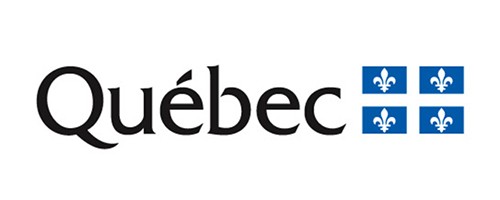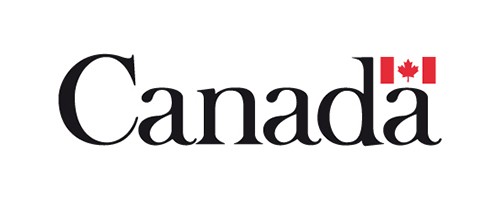Fighting Fraud
As the economic development agency for the greater Québec City region, Québec International and its brands (QuébecFirst, LE CAMP, Québec BVI, Québec EPIX, Québec NUTRI, Québec VITAE, Québec Simple) are sometimes used in fraudulent digital content. In some cases, fraudsters reproduce our organization’s visual identity. In other cases, they mention being affiliated with Québec International or one of its brands.
To help you differentiate between what is real and what is fake, our team put together this page with tips and tricks to spot fraudulent communications. You can also send us an email at fraude@quebecinternational.ca to validate the legitimacy of information that appears to come from our organization.

Recognizing Fraudulent Emails
Various elements can often indicate that an email is fraudulent. Look for the following clues to see whether the information is legitimate:
-
The sender is unknown to you, or there is a mistake in the name of the organization
Solution: Check the spelling of each name, and make sure that the sender’s email address ends with @quebecinternational.ca, @quebecentete.com, @lecampquebec.com, @quebecbvi.com, @quebecepix.com, @quebecnutri.com or @quebecvitae.com.
-
A sense of urgency is often conveyed to urge you to act quickly
Solution: Do not let the impression of urgency cloud your judgment, and take the time to validate the information
-
Spelling and grammar mistakes are frequent
Solution: Evaluate the language level to see if it matches our organization’s and make sure that the text was not translated by an automatic translation system
-
You are asked to provide personal information or to send money
Solution: At any time, you may check with us to see if these requests are legitimate. In general, these requests are made when you register for a paid activity. These requests are not made by email, but rather through a secure solution such as Yapla or direct billing.
Please note: For international candidates who take part in our recruitment missions, no amount of money will be requested to submit your application. -
You are asked to click a link or download an attachment, often with little or no context
Solution: Evaluate the safety of these contents by analyzing them with an antivirus software, making sure that the file extension matches the expected file (e.g. a backgrounder would typically be a PDF file), and checking if the hyperlink leads to the right page by hovering over it with your mouse.
Recognizing Fraudulent Websites
A few quick verifications can help you confirm that you are navigating Québec International’s actual platforms. Look out for these signs:
-
The URL at the top of your Internet browser ends with something other than the desired website (before the forward slashes)
Solution: Check that the address is quebecinternational.ca, quebecentete.com, lecampquebec.com or simplequebec.com. If the URL includes other elements before the dot, note that this is probably a fraudulent address (e.g. quebecinternational.wordpress.com).
-
The visuals are of low quality or are distorted.
Solution: Compare the visuals with those used on our real websites.
-
The site is not secure
Solution: Look for the padlock icon near the address bar, and make sure that the security certificate is valid.
-
Websites will often prompt you to download files or disclose your personal information
Solution: Avoid disclosing any personal information or downloading any files until you have checked the other elements of the site.
Recognizing Fraudulent Social Media Publications
Québec International and its employees share information on social media, and individuals outside the organization may try to take advantage of these platforms to assume our identity and get their hands on your personal information. Here are a few strategies to avoid falling for false publications:
-
The publication is shared from an account that does not belong to Québec International
Solution: Confirm that it is the official Québec International account (or the account of one of its brands) by accessing the social media account directly from our official websites.
-
The publication was made by someone pretending to work for our organization
Solution: You will find the list of Québec International’s permanent employees in the appropriate section of our website. If the name of the account sharing the publication is not on the list, please use caution.
-
The publication directs you to a third-party site that does not belong to Québec International
Solution: Verify that the URL is correct (please see the “Recognizing Fraudulent Websites” section above). Be careful, as the link appearing in the text may not be the same as the actual link in the clickable section!
-
The information was not shared on Québec International’s official platforms (websites, social media)
Solution: Try to find out whether the information was published on another platform, especially our organization’s official social media accounts and websites.
Report a Fraud
If you suspect a fraud regarding Québec International or its brands, please let us know by sending an email at fraude@quebecinternational.ca. We will make sure to let you know whether the information is legitimate or not, and we will take appropriate action to fix the situation if needed.



